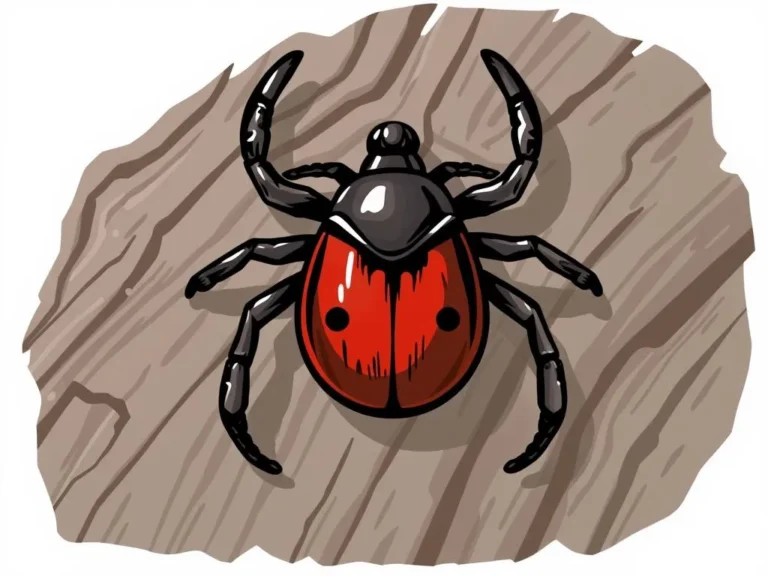Japanese Macaque Symbolism: Uncovering the Meaning and Significance

Introduction
The Japanese macaque, also known as the “snow monkey,” is a fascinating primate species that has long been revered in Japanese culture and mythology. These intelligent, social creatures hold a unique place in the country’s spiritual and symbolic landscape, with their Japanese macaque symbolism playing a significant role in various traditions and beliefs.
As we delve into the world of Japanese macaque symbolism, we’ll explore the deeper meanings and interpretations associated with these remarkable animals. By understanding the significance of the Japanese macaque, we can gain insights into the rich tapestry of Japanese culture and the ways in which these primates have been woven into the fabric of the nation’s spiritual and cultural identity.
The Significance of the Japanese Macaque in Japanese Culture
The Japanese macaque has been a prominent figure in Japanese folklore and mythology for centuries. These primates are often seen as symbols of longevity, wisdom, and resilience, reflecting the qualities that have allowed them to thrive in the harsh environments of Japan’s mountainous regions.
One of the most well-known associations of the Japanese macaque is with the concept of “hot spring monkeys,” or “snow monkeys.” These macaques are known for their ability to withstand the cold by soaking in natural hot springs, a behavior that has captured the imagination of people around the world. This unique adaptation has led to the Japanese macaque being viewed as a symbol of adaptability and the ability to overcome adversity.
Symbolism of the Japanese Macaque in Japanese Mythology and Folklore
In Japanese mythology and folklore, the Japanese macaque is often depicted as a wise and mischievous creature. These primates are sometimes associated with the Tengu, a mythical creature known for its long nose and supernatural powers. The Tengu are often described as guardians of the forest and protectors of the natural world, and the Japanese macaque may be seen as a physical manifestation of these mystical beings.
Additionally, the Japanese macaque is sometimes linked to the concept of “saru-gami,” or monkey gods, in Japanese Shinto beliefs. These monkey deities are believed to possess the ability to bring good fortune, fertility, and protection to those who honor them. The Japanese macaque may be seen as a representation of these powerful spiritual entities.
The Japanese Macaque as a Symbol of Longevity and Wisdom
The longevity and resilience of the Japanese macaque have also contributed to its symbolic significance in Japanese culture. These primates are known to live for up to 30 years in the wild, a remarkable feat that has led to their association with long life and wisdom.
In some Japanese traditions, the Japanese macaque is believed to possess a deep understanding of the natural world and the cycles of life. They are often depicted as wise and contemplative creatures, with the ability to impart valuable insights to those who observe them closely.
This symbolism of longevity and wisdom is particularly evident in the use of Japanese macaque imagery in traditional Japanese art and literature. These primates are frequently featured in paintings, sculptures, and literary works, serving as a reminder of the enduring strength and resilience of the natural world.
The Japanese Macaque and the Concept of Harmony with Nature
The Japanese macaque is also closely linked to the Japanese cultural emphasis on harmony with nature. These primates are known for their ability to coexist peacefully with their environment, adapting to the challenges of their mountainous habitats and living in harmony with the other species that share their home.
This concept of harmony with nature is a central tenet of many Japanese spiritual and philosophical traditions, such as Shinto and Zen Buddhism. The Japanese macaque is often seen as a embodiment of this ideal, serving as a reminder of the importance of respecting and coexisting with the natural world.
In this context, the Japanese macaque may be viewed as a symbol of the delicate balance between human and nature, and the need to maintain a respectful and sustainable relationship with the environment.
The Japanese Macaque as a Symbol of Community and Social Cohesion
The Japanese macaque is a highly social animal, living in tight-knit troops and engaging in complex social behaviors. This aspect of their nature has also contributed to their symbolic significance in Japanese culture, as these primates are often seen as representing the importance of community and social cohesion.
In Japanese traditions, the Japanese macaque may be viewed as a symbol of the interconnectedness of all living beings, and the need to foster a sense of belonging and support within a group or community. The primates’ ability to work together and support one another in their daily lives is often seen as a model for human social structures and relationships.
Moreover, the Japanese macaque is sometimes associated with the concept of “ama-no-hashidate,” a traditional Japanese belief that emphasizes the importance of maintaining harmony and balance within a group or community. This belief is often reflected in the social behavior of the Japanese macaque, as these primates work together to ensure the well-being of their troop.
Conclusion: Embracing the Wisdom of the Japanese Macaque
The Japanese macaque is a remarkable creature that has captured the imagination of the Japanese people for centuries. Through its rich symbolism and associations with concepts such as longevity, wisdom, harmony with nature, and community, the Japanese macaque has become an integral part of Japanese culture and spiritual beliefs.
By exploring the deeper meanings and interpretations of Japanese macaque symbolism, we can gain a greater understanding of the unique and fascinating world of Japanese mythology and folklore. Moreover, we can learn valuable lessons about the importance of respecting and coexisting with the natural world, as well as the power of community and social cohesion.
As we continue to study and appreciate the Japanese macaque, we may find that these remarkable primates have much to teach us about the beauty and complexity of the natural world, and the ways in which we can strive to live in harmony with our environment and one another.





